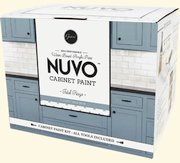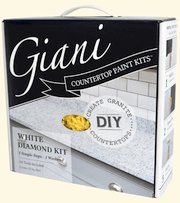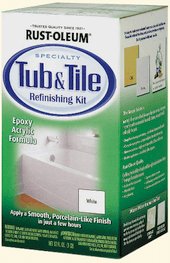How to Choose the Right Material for Faux Rag Painting?

Finish created by ragging off with a cotton cloth
Question:
What type of material is best for faux rag painting techniques? Cotton? Cheesecloth?Or maybe there's no difference at all and I'm making things more complicated than they should be?
Answer:
The difference can be huge - depending on the fibers in the cloth, the resulted rag pattern can range from soft and blended to crisp and defined.The most commonly used material for ragging is 100% cotton that is lint free (or nearly so).
Old T-shirts are ideal; they're soft and absorbent, and since they're well worn (or even worn out), they are relatively free of lint and fuzz.
Cheesecloth works well too, and creates the most delicate, cloud-like finish, especially if you launder it first to soften the fibers.
But it quickly becomes saturated, so have plenty on hand if you want to use it for ragging off.
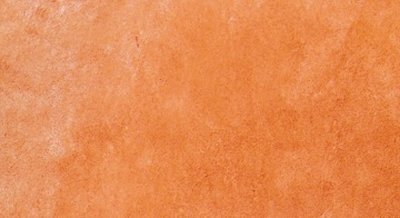
Terry cloth offers interesting possibilities since it has a nap that will leave a stippled texture.
New terry cloth, however, is loaded with lint, so use an old towel that has been through the wash several dozen times.
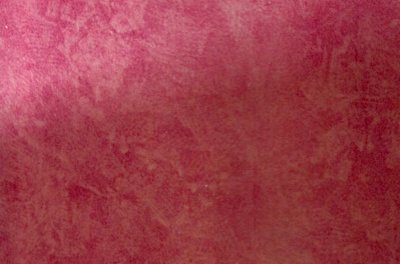
You can also do positive and negative ragging techniques with linen, thin cotton, chamois, burlap and canvas rags.
Here is an example of the imprints created with flannel rags:
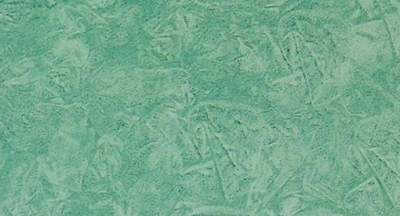
In addition, you can create decorative rag impressions on a glazed surface using a variety of unexpected materials such as newspapers (for a parchment effect), grease-proof paper (to imitate the look of shot silk), or even bubble wrap (for some really fun imprints).
Ragging off with a paper bag produces a crisp finish because it's stiff and not as absorbent as cotton:
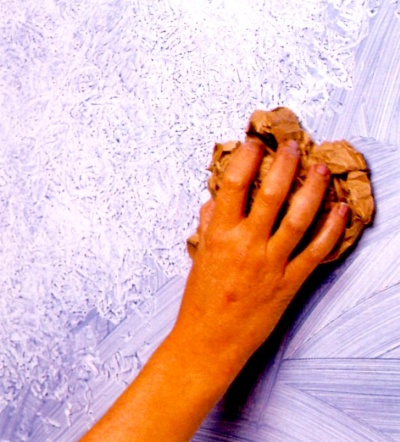
Another interesting ragged off effect can be created using a plastic bag. As plastic is non-absorbent, it will quickly start to put the glaze back on the wall, so you will need a ready supply of plastic bags on hand.
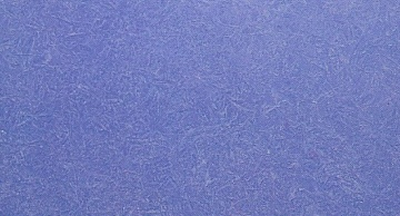
Practice playing with the glaze using different materials to see which look you like, before applying it to an entire wall.
But remember that everyone's touch is different - no two people will create exactly the same finish, even when using the same type of material for ragging on or off. That's part of the beauty of it.
Click here to ask your own question about rag painting.





